

How Krishna addresses Arjuna’s apprehensions about the death of Bhishma – In the Bhagavad-gita, Krishna describes the death of the assembled warriors using two metaphors: they are like rivers entering into an ocean (11.28) and like moths entering into fire (11.29).
Gita commentators such as Vishvanatha Chakravarti explain that these two metaphors refer to two distinct modes of death: circumstantial and volitional. Just as rivers naturally flow toward the ocean, some assembled warriors, such as Bhishma, had been pushed by force of circumstances into the war. Unlike rivers, moths move intentionally toward fire, believing it to be enjoyable. Similarly, some warriors, such as Duryodhana, had knowingly caused the war by repeatedly provoking and persecuting the Pandavas; he had believed the war would grant him unrivaled power and prosperity.
Additionally, when moths enter fire, their bodies are destroyed. In contrast, when rivers enter into the ocean, their defining component, water, is not destroyed; it continues to exist, just within a larger body of water. Similarly, when materialistic people like Duryodhana die, they suffer terribly, as if their very existence has ended. Why? Because they strongly identify with their bodies; they feel that bodily destruction is like self-annihilation. In contrast, spiritually-evolved individuals like Bhishma know that their defining essence is their soul; when their body is destroyed, their soul gracefully transits to a higher reality, in greater harmony with the ultimate reality.
Moreover, moths flying into a fire don’t do any good for anyone, whereas rivers flowing toward the ocean provide life-nourishing water to everyone living on their banks. Similarly, Duryodhana didn’t do any good for anyone during his lifelong pursuit of the Kuru kingdom, but Bhishma was a fount of wisdom for everyone throughout his life.
Through these two pregnant metaphors, Krishna allays Arjuna’s concerns: though his venerable elders like Bhishma were fated to die, their death would be far different from the death of the likes of Duryodhana.
One-sentence summary:
Even if we can’t change the fact of our mortality, we can change how we experience death and how we contribute while alive.
Think it over:
Through the two metaphors about the dying warriors, what is conveyed about:
- The nature of their death
- Their experience of death
- Their contributions while alive.
***
11.28: As the many waves of the rivers flow into the ocean, so do all these great warriors enter blazing into Your mouths.
To know more about this verse, please click on the image

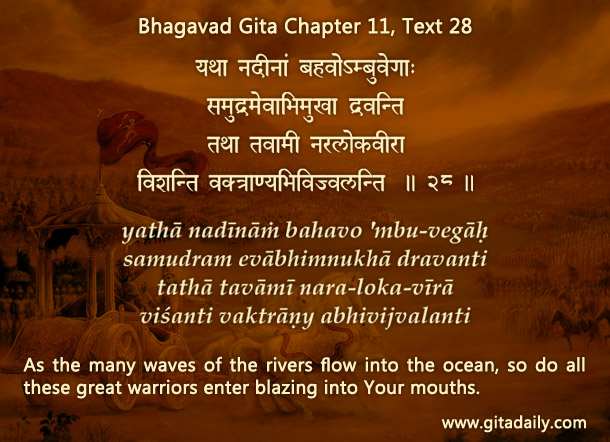

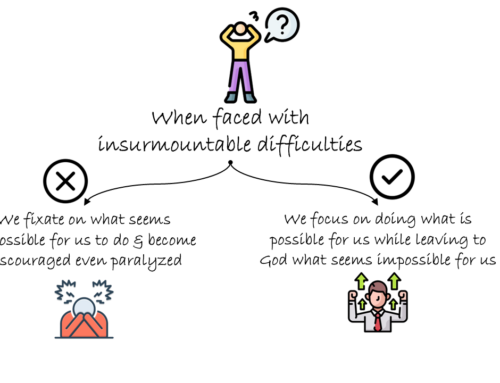

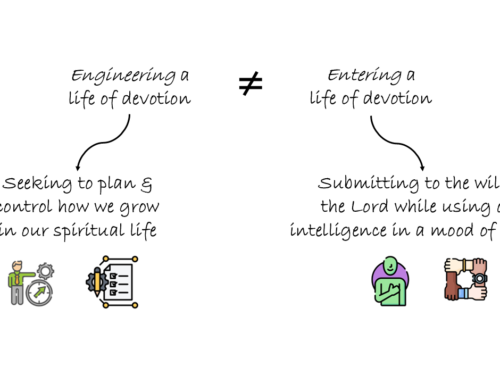

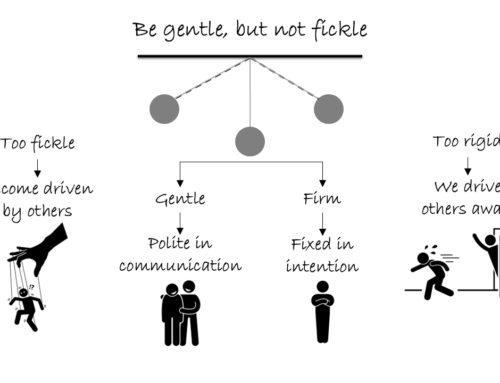

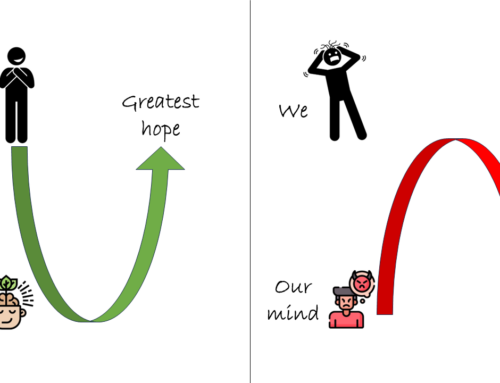

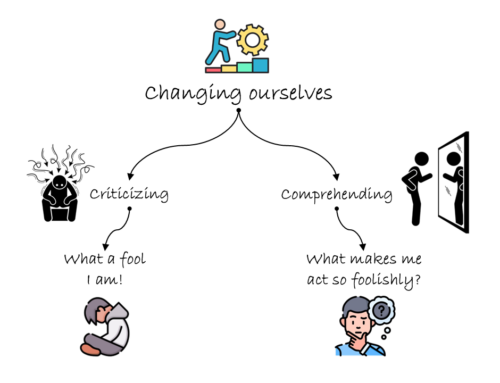
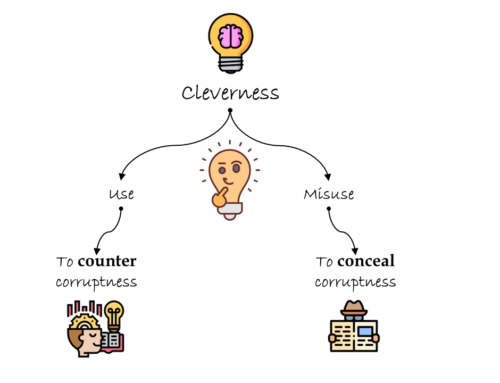

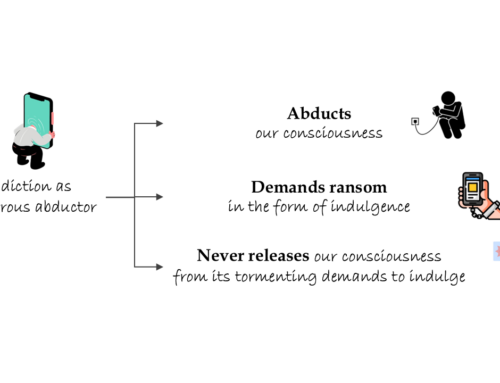
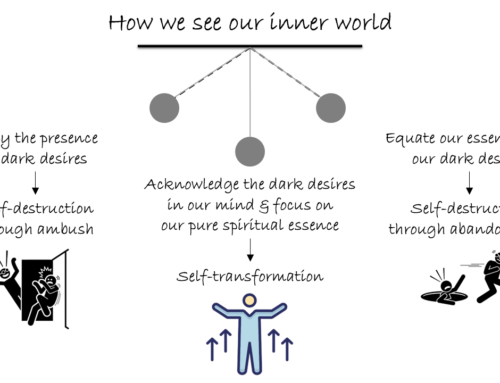
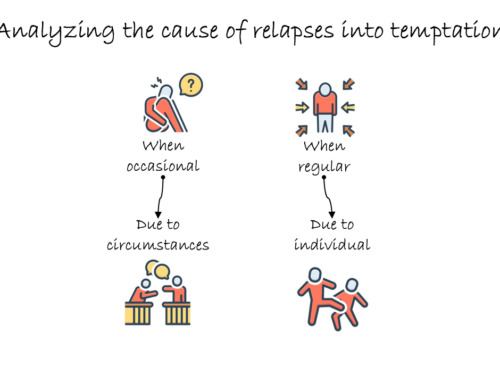

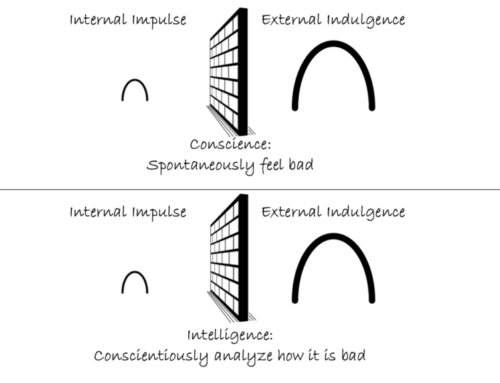
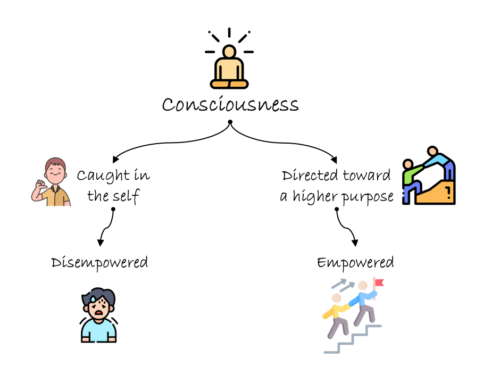
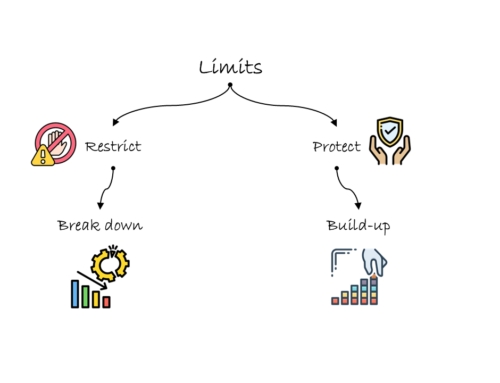
Beautiful explanation of the contrasting warriors with metaphor of moth and river. Thanks Prabhu
Thank you, Ranjit P. Happy to be of service.
Amazing linking of different warriors with River & Moth.
Thank you, happy to be of service.
Nice. please keep it up